What are Essential Insurance Coverages for Trucking Companies?
Insurance is a crucial part of a trucking Company, make sure you get it right
Understanding Insurance Policies
Trucking companies require a range of insurance policies to adequately protect their operations. These typically include liability insurance, which covers damages or injuries caused by the company's vehicles, as well as cargo insurance to protect the goods being transported. Additionally, comprehensive coverage such as physical damage insurance for trucks and trailers is essential to safeguard against accidents and unforeseen events.
Exploring Pros and Cons
While these policies provide vital protection, there are pros and cons to consider. While liability insurance is mandatory and protects against costly legal claims, it may have limitations in coverage amounts, leaving companies vulnerable in the event of a significant accident. Cargo insurance, while crucial for protecting valuable shipments, can come with high premiums and deductibles, impacting the company's bottom line.
2. Cargo Insurance: Covers the value of goods being transported against loss or damage.
3. Physical Damage Insurance: Provides coverage for damage to the company's vehicles.
Addressing Gaps in Coverage
In addition to standard insurance policies, trucking companies may benefit from gap insurance or specialized coverages to address specific risks or liabilities. Gap insurance, for example, fills the void between the actual cash value of a vehicle and the amount owed on a lease or loan in the event of a total loss. Other types of coverages that companies often overlook but are essential include non-trucking liability insurance, which provides coverage when vehicles are used for non-business purposes, and bobtail insurance, which covers the tractor when it is not hauling a trailer.
Types of Insurance and Average Prices
Average prices for insurance vary depending on factors such as coverage limits, deductibles, and the size of the fleet. However, as a rough estimate:
1. General Liability Insurance: Protects against third-party bodily injury and property damage claims: $1,000 to $2,000
2. Cargo Insurance: Covers the value of goods being transported against loss or damage: $5,000 to $10,000 per year.
3. Physical Damage Insurance: Provides coverage for damage to the company's vehicles: $3,000 to $6,000 per year.
Leveraging Factoring for Insurance Costs
Factoring services such as those offered by Atlas Factoring can help trucking companies manage the costs of insurance. By converting accounts receivable into immediate cash flow, factoring provides the financial flexibility needed to cover insurance premiums and other operational expenses. Additionally, quick loans for insurance down payments are available through Atlas Factoring, enabling companies to secure essential coverage without compromising cash flow.
For a trucking company, factoring can be particularly beneficial in managing cash flow, especially when it comes to paying for insurance premiums. By factoring their invoices, a trucking company can receive quick payments for their completed deliveries, enabling them to cover expenses such as insurance premiums without having to wait for customer payments. This ensures that the company can maintain continuous insurance coverage, which is essential for mitigating risks associated with accidents, cargo damage, or other unforeseen events in the trucking industry. Apply today at Atlas Factoring to get a free quote and have the cashflow necessary your trucking insurance costs.
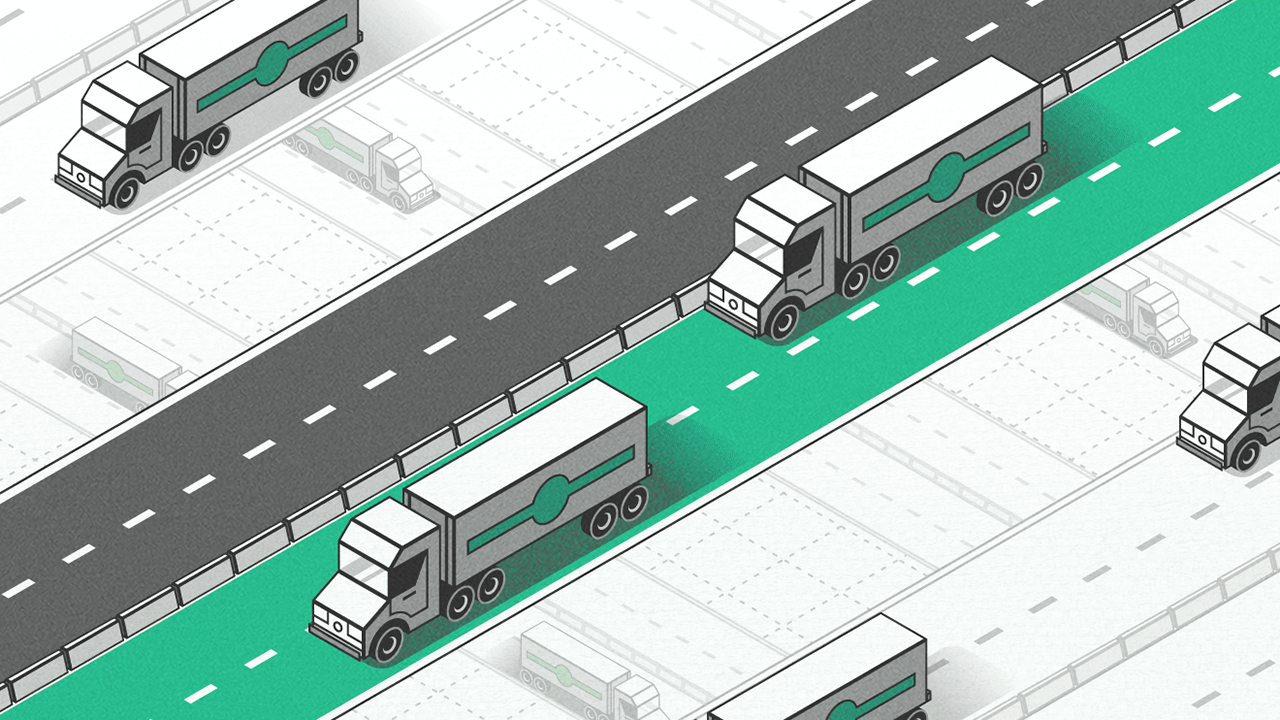
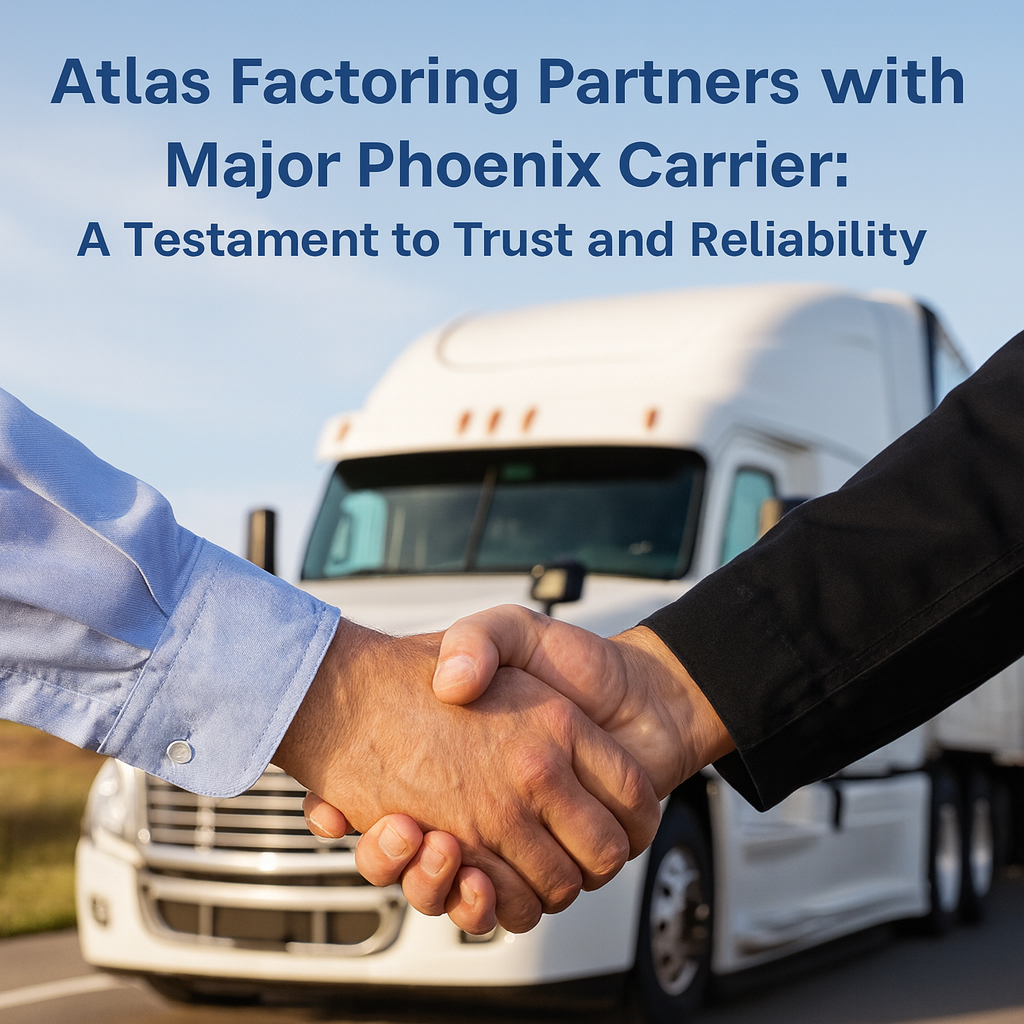
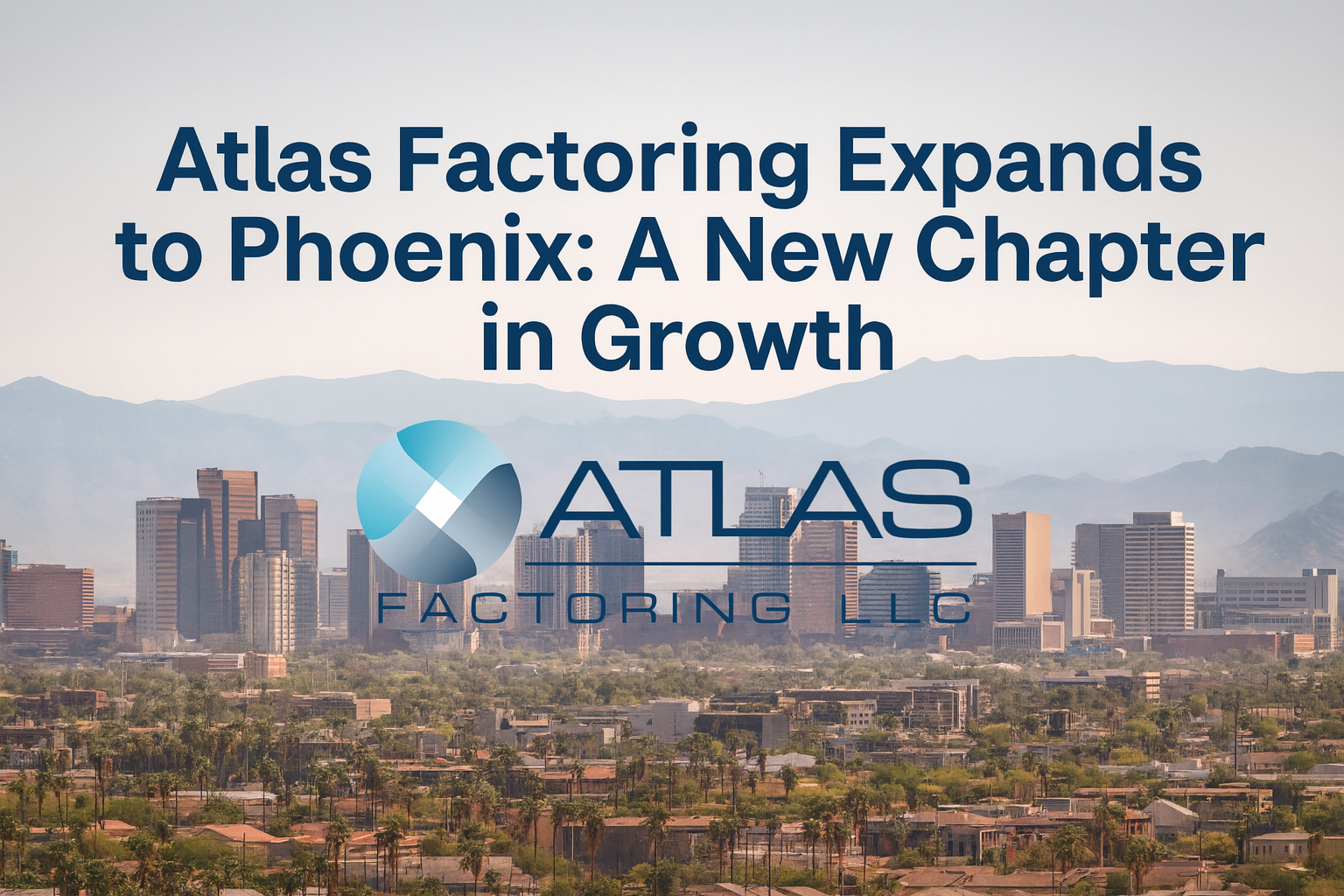
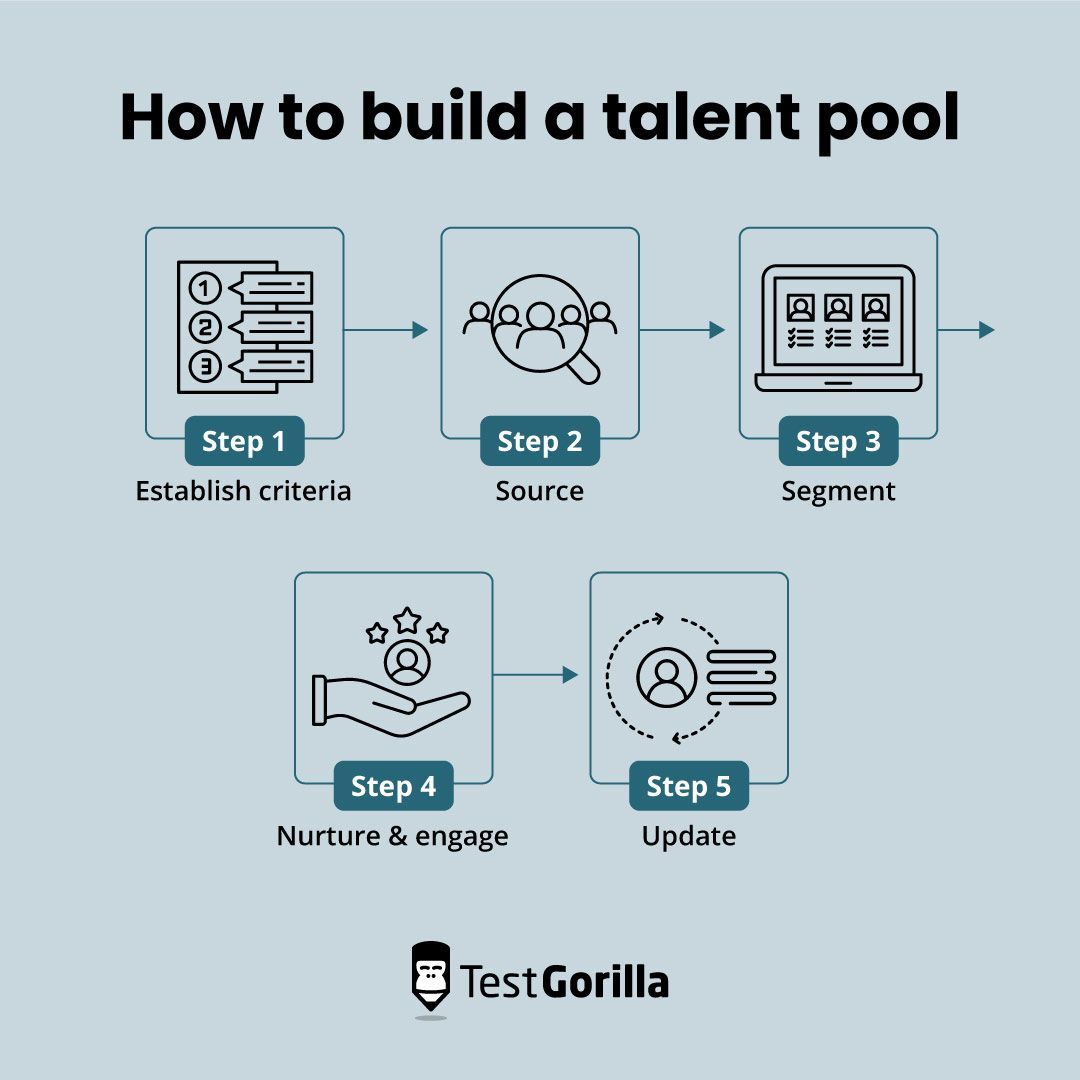
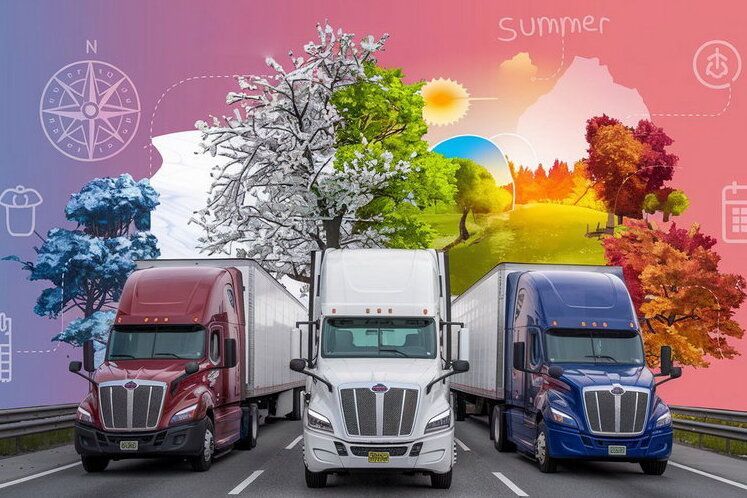
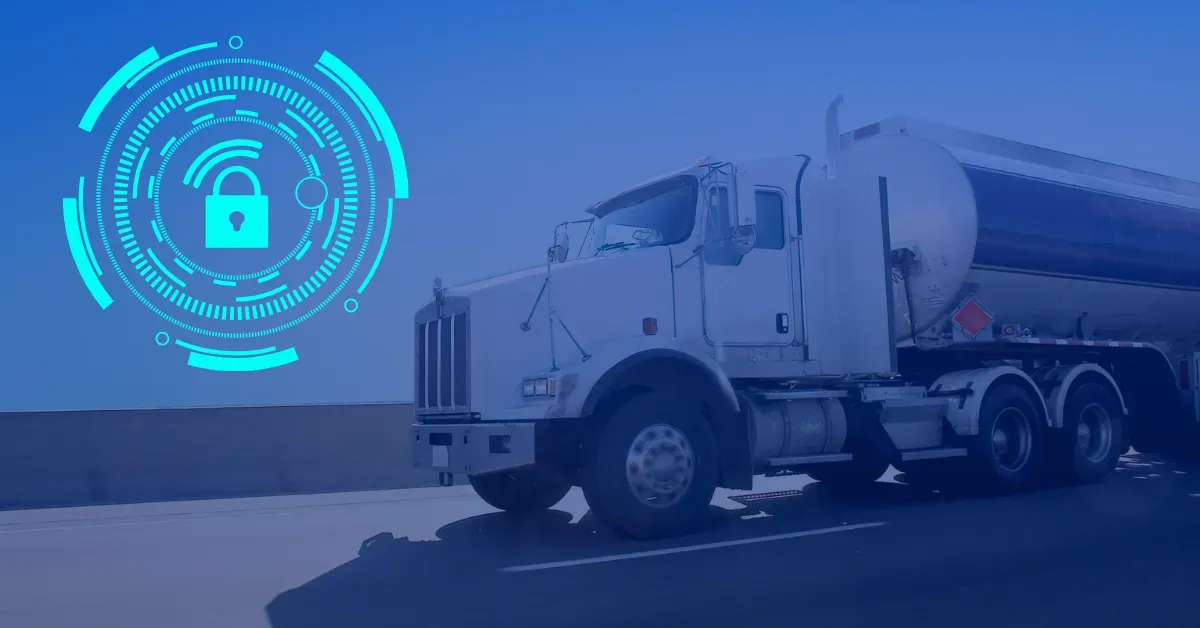
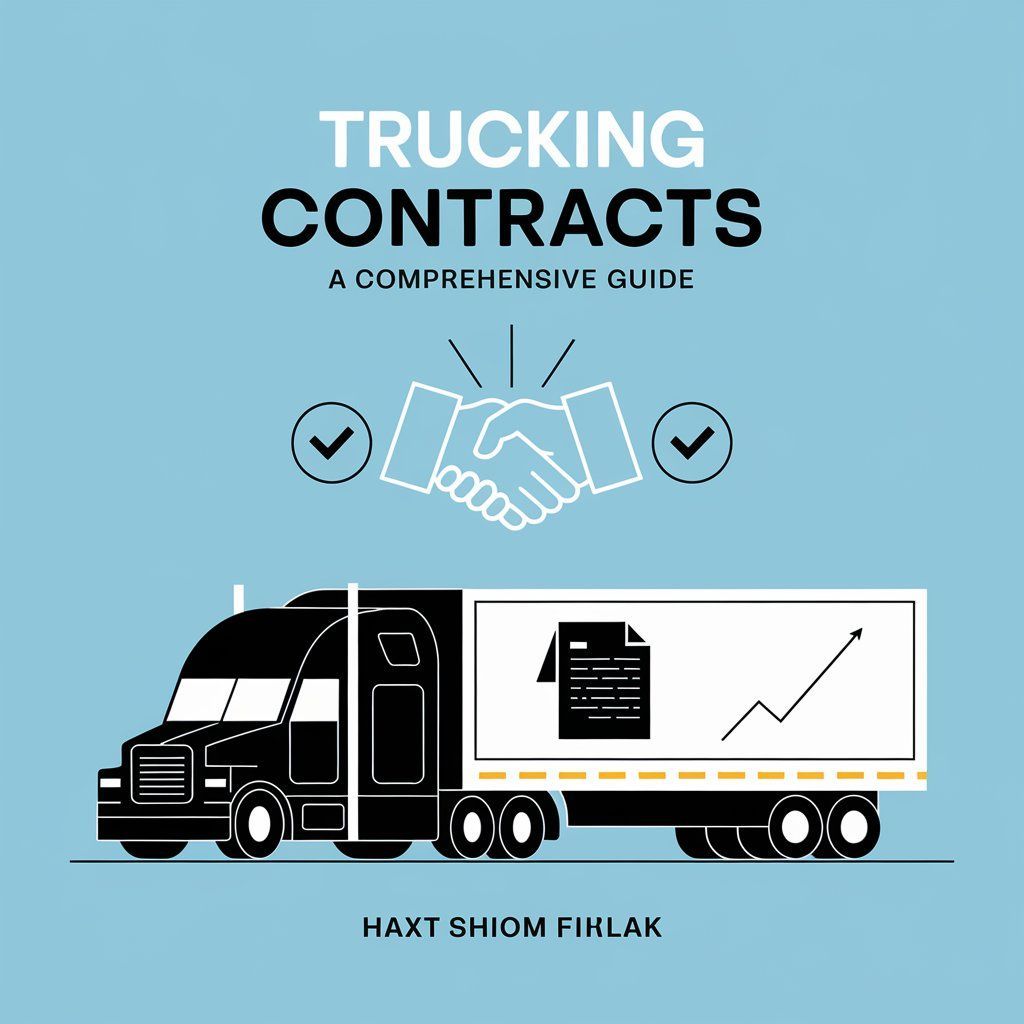
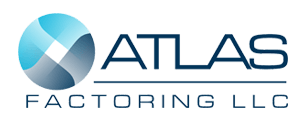
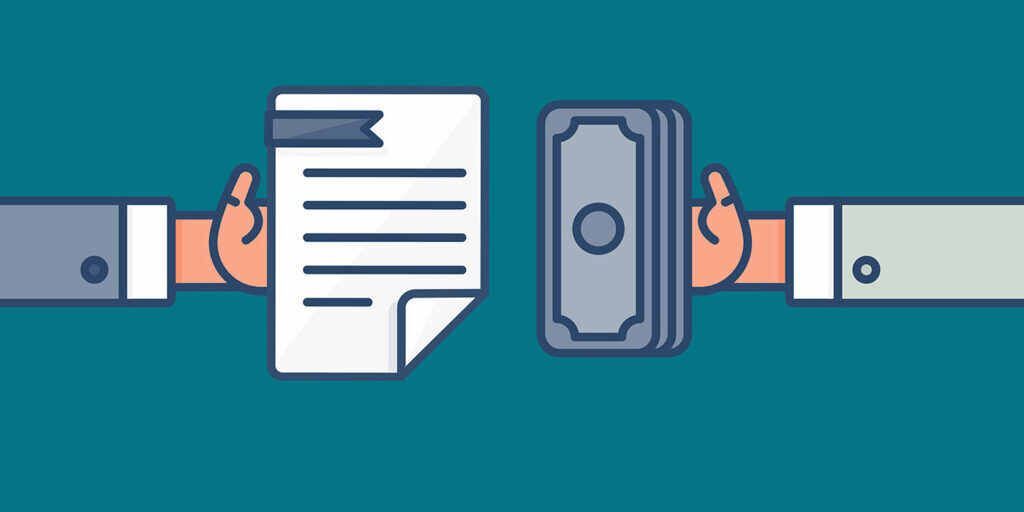
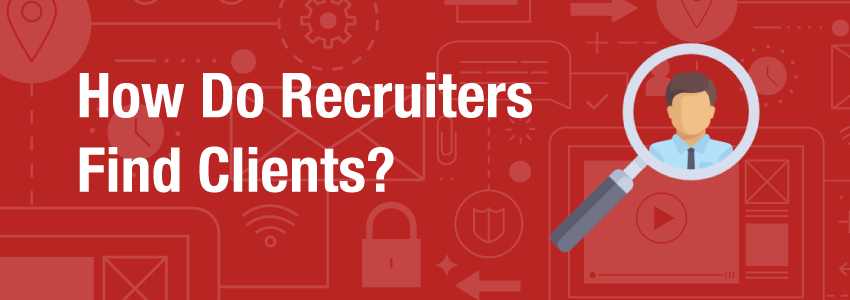
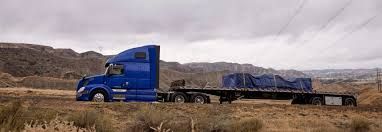
Share On: